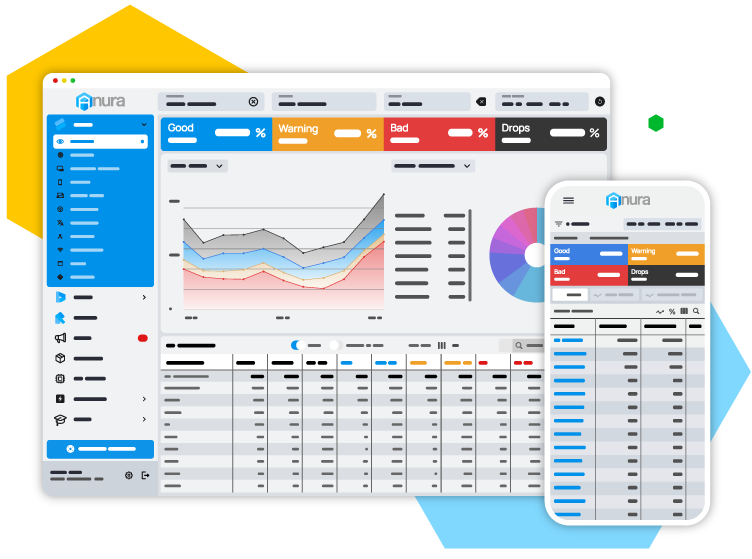9 min read
What Are Residential Proxies? The Dark Side of Online Privacy
TL;DR: Residential proxies mask IP addresses. While they can be used legitimately for ad testing and cybersecurity,...



An ad tag is a snippet code that a publisher inserts into their webpage. This code fetches and displays an advertisement from an ad server. When a visitor lands on the publisher's webpage, the ad tag directs the request to an ad server, which then returns the appropriate advertisement for that specific visitor.

GIVT, or General Invalid Traffic and SIVT (Sophisticated Invalid Traffic).
Fraudulent actors can manipulate ad tags to display ads in non-viewable areas, spoof domains, or generate fake clicks.
Anomalies in
Traffic Patterns
Suspicious
IP Addresses
Short Session
Durations
Mismatched
Referral Data
Consistent
Click Patterns
Discrepancies
in Reporting
Rapid Burn Through
of Budget
High Levels of
Non-Human Traffic
Low or No
Conversions
Visitor
Complaints
Traffic from
Unfamiliar Geography
High CTR with Low Engagement Rates
High Bounce
Rates
Unusual
User Agents
Abnormalities in
Ad Position Data
Fraudulent clicks or impressions can lead to advertisers paying for non-legitimate traffic. This can drain budgets without delivering real value or returns.
Publishers might experience lower ad rates if advertisers feel that a significant portion of the traffic is fraudulent. Advertisers often request chargebacks from publishers.
Fraudulent activities can skew the data collected from ad campaigns, making it hard for advertisers to analyze genuine customer behavior and the actual performance of their ads.
Fraud can erode trust between publishers, advertisers, and the audience. Advertisers may feel hesitant to spend their budget on platforms or publishers where they've previously encountered high levels of fraud.
If your ad tags are placed on or associated with fraudulent or inappropriate websites, it can harm advertiser’s brand reputation. Advertisers strive to ensure that their ads only appear in brand-safe environments.
Many advertising platforms have strict policies against fraud. If your account is found to be involved in or benefiting from fraudulent activities (even unintentionally), it might be penalized, limited, or even banned.
In some cases, fraudulent activities, especially when associated with black-hat techniques, can negatively impact organic search rankings.

We couldn't be more pleased with how Anura has protected our Adsense account.
— Rob Fleming, Paid Survey Update
Wrap your Ad tag with Anura code to prevent your ad from being served to fraudsters
Anura's sophisticated algorithm identify and block fake clicks and impressions, while ensuring that you don’t block real visitors.
One of the primary threats to publisher revenue is chargebacks. Anura helps you prevent chargebacks before they impact your earnings.
Set it, forget it, and let Anura work in the background. Deploy effortlessly with Google Tag Manager, giving you peace of mind without the tech headaches.
With Anura's dedicated team, publishers have a reliable partner to navigate the complexities of AdSense protection.
Apr 9, 2025
TL;DR: Residential proxies mask IP addresses. While they can be used legitimately for ad testing and cybersecurity,...
Mar 31, 2025
TL;DR: ROAS measures revenue generated per dollar spent on ads, vital for evaluating ad campaign profitability. Ad...
Mar 30, 2025
Fighting click fraud requires a team effort and publishers play a critical role. As gatekeepers of digital ad...
Mar 28, 2025
TL;DR
Mar 19, 2025
TL;DR: Social media bot followers can skew metrics and damage brand credibility. Here's how to spot and address the...
